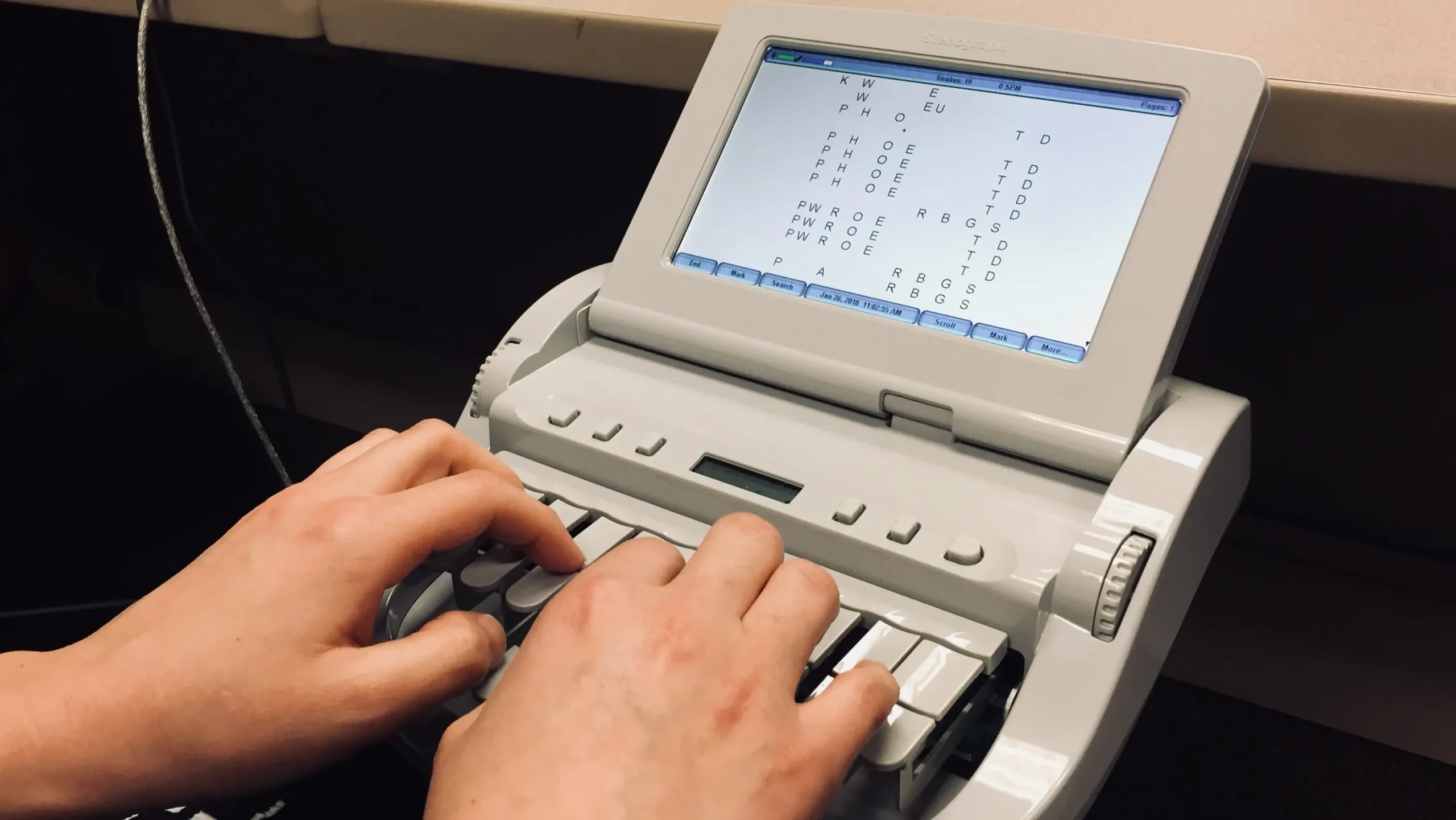Month: December 2024
The Importance of Court Reporting in Greensboro, North Carolina

The Importance of Court Reporting in North Carolina: A Vital Service in the Legal System
Court reporting plays a crucial role in the judicial process, ensuring that every spoken word in a courtroom, deposition, or legal proceeding is accurately documented. In North Carolina, the demand for skilled court reporters is growing, as the legal system becomes increasingly complex. Court reporters are the backbone of the state’s legal proceedings, capturing the spoken word with precision, clarity, and reliability.
What is Court Reporting?
Court reporting is the practice of transcribing the spoken word into written text, typically using shorthand or specialized machines. Court reporters are responsible for documenting everything that is said during legal proceedings, including testimony, arguments, and rulings. These transcripts serve as the official record of what transpired during a case and are essential for appeals, legal references, and public records.
In North Carolina, court reporters work in various settings, including:
- Courtrooms: Documenting trials and hearings in local, district, and superior courts.
- Depositions: Recording statements made under oath outside of a courtroom setting.
- Arbitrations and Mediations: Providing transcripts for alternative dispute resolution proceedings.
- Legal Conferences and Meetings: Assisting attorneys, judges, and clients in capturing important discussions.
The Role of Court Reporters in North Carolina
Court reporters are integral to the efficiency and fairness of the judicial process in North Carolina. Their role involves more than just typing what is said; it requires acute listening skills, deep knowledge of legal terminology, and the ability to handle sensitive and often emotional situations. The work of court reporters ensures that the judicial process is transparent, consistent, and accurate.
Here are some key responsibilities that court reporters take on in North Carolina:
- Creating Accurate Transcripts: Court reporters use a stenotype machine or digital audio equipment to capture spoken words. The machine translates these sounds into shorthand symbols, which are later transcribed into readable documents. These transcripts become part of the official case record and are used for appeals, legal documentation, and references.
- Maintaining Confidentiality: Court reporters are often privy to sensitive and confidential information during legal proceedings. Maintaining strict confidentiality and professionalism is paramount to the integrity of the process.
- Supporting the Legal Process: A court reporter’s transcript can influence the outcome of a case. Lawyers and judges rely on the accuracy of these documents for making critical decisions. Court reporters also assist in providing real-time reporting, ensuring that all participants have access to proceedings as they happen.
- Technology in Court Reporting: The integration of technology into court reporting is changing how services are provided in North Carolina. Digital recorders and real-time transcription software allow court reporters to deliver faster and more efficient services. Remote hearings and depositions, particularly during and after the COVID-19 pandemic, have increased the reliance on technology for remote court reporting.
The Demand for Court Reporters in North Carolina
The need for qualified court reporters in North Carolina is on the rise. The state’s legal system is bustling, with a growing number of cases, hearings, and depositions requiring reliable, accurate transcription services. A shortage of skilled professionals, coupled with the aging workforce, has made it challenging to meet demand in some areas.
Conclusion
Court reporting in North Carolina is much more than just transcribing spoken words. It is an integral part of ensuring the integrity and transparency of the legal system. As the profession continues to evolve with technological advancements, court reporters will remain key players in preserving the accuracy and efficiency of the state’s judicial processes. By investing in education, certification, and technology, North Carolina is working to ensure a bright future for court reporting professionals.